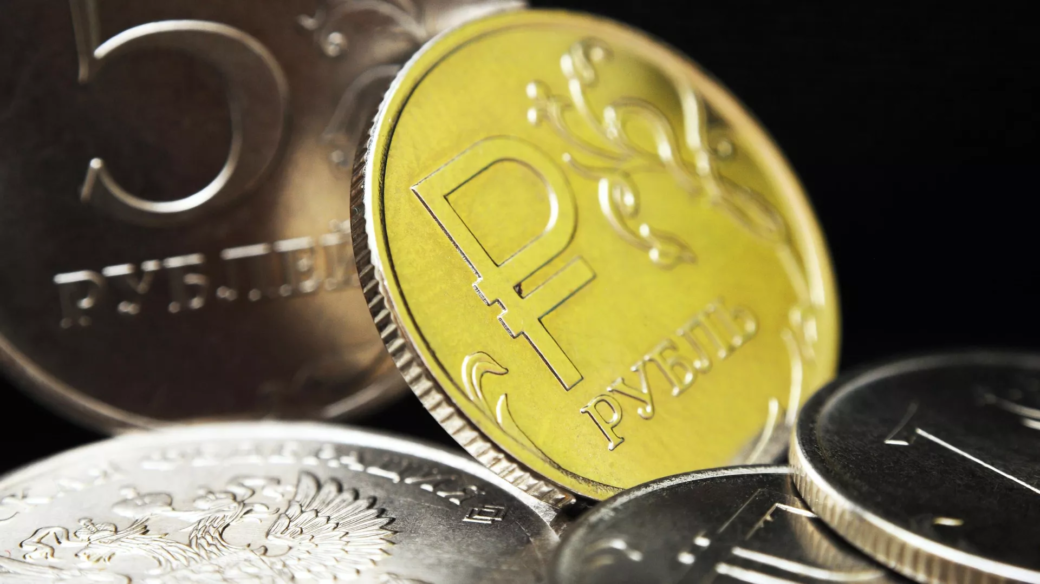
Russia’s ability to achieve impressive growth under Western coercive measures has led countries around the globe to seek guidance and partnership with the country.
In recent decades, sanctions have become a policy tool of choice for Western leaders seeking to undermine global adversaries. With anti-war sentiment on the rise among conflict weary Americans, the United States, in particular, has relied on economic restrictions and penalties to leverage its influence internationally.
Two-thirds of global sanctions since the 1990s have been imposed by the US, estimates academic Manu Karuka, and one-third of that number have been imposed by President Joe Biden alone. Some one-fourth of the world’s nations are now sanctioned by the UN or Western countries, claims economist Francisco Rodríguez.
Although sanctions are frequently proposed as an alternative to armed conflict, the policy is not without controversy. “Sanctions may significantly worsen the situation of the civilian population,” writes researcher Joy Gordon, preventing access to food, medicines, and other essentials. While scholars question the degree to which these measures effectively force political change, their often dire consequences for ordinary people are difficult to deny.
The emergence of the Russian Federation from a recent set of severe US-led sanctions largely unscathed, then, is seen as a landmark moment by Global South nations seeking to resist a tactic often employed by the West.
Moscow has not only survived the economic aggression but has thrived, surpassing Germany and Japan to become the world’s fourth-largest economy, notes security analyst Mark Sleboda. The international relations expert joined Sputnik’s The Critical Hour program Wednesday to discuss why countries around the world increasingly see Russia as an economic model and partner.
“I don’t think we’re quite at a multipolar world yet, but we definitely see it envisioned and it’s birth taking place, even if the US-led Western global hegemon is trying to strangle that birth and prevent it from taking place,” said Sleboda, agreeing with the premise of analysis on the website Orinoco Tribute that examined participation in this year’s St. Petersburg International Economic Forum.
The article posits the creation of “new growth centers” as a building block for such an order, with Global South countries strengthening bilateral relations to build power independent from the Western-led economic system. The article notes efforts to strengthen ties in areas such as pharmaceuticals, energy production, education, security, and space programs.
“Isolation” was “the buzz word of 2022,” Sleboda noted, with observers predicting Russia’s economic demise in the face of denunciations from the West over its special military operation in the Donbass. But “out of 192 countries, plus or minus, in the world, 136 of them are going to have participants at the St. Petersburg International Economic Forum,” the analyst noted, “including several heads of state.”
“In terms of GDP adjusted for purchasing power parity, during this time period of the existential economic war of sanctions on Russia by the West, Russia’s economy has leapfrogged from sixth place to jump Germany for fifth place,” he added. “And now, in recent months – the World Bank has announced the new numbers – Russia has jumped Japan as well to reach the fourth-largest economy in the world… despite the West’s best and most heated efforts to destroy Russia’s economy.”
“Boom. That is the sound of the US-led Western global hegemony cracking. That is amazing,” the analyst added.
“Everyone wants to know how did Russia become the Teflon Don of global geoeconomics,” Sleboda explained. “Because they don’t know when they might be put in the same position. Now there’s a train coming and Russia is directing that train.”
The international relations expert noted that African countries, in particular, are seeking cooperation with Russia as they look to break away from patterns of dependency established after their independence from Western colonial rule in the 20th century.
“[Sergey Lavrov] is being welcomed by the Africans and there are a number of Africans that he is visiting who also have representatives, of course, at the St. Petersburg International Economic Forum,” he reported. “And all of those countries right now are seeing the performance of Russian weapons on the battlefield against the vaunted wonder weapons of the West. And, let me tell you, there is a queue right now for when this special military operation ends.”
“And that’s why Lavrov is being greeted as almost a conquering hero as a representative of the Russian government and the foreign minister of Russian President Vladimir Putin. Russia is an inspiration because the countries of Africa have long been very much suffering under the heel of US-led Western global hegemony… They’ve suffered enough that they’re looking for an inspiration and a model that works. And a partner in how to get out from under that jackboot.”



